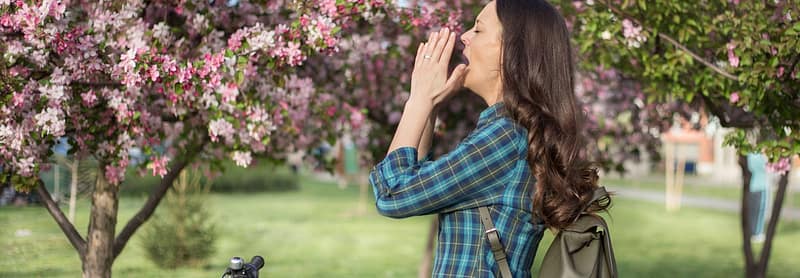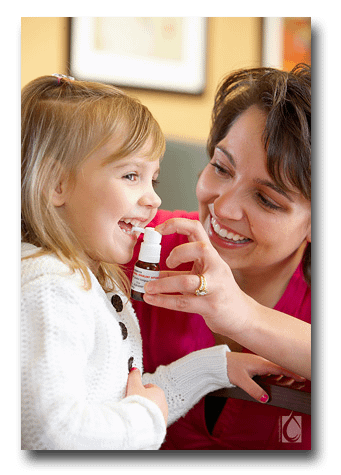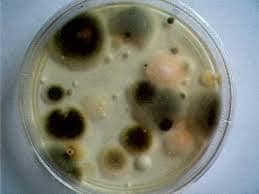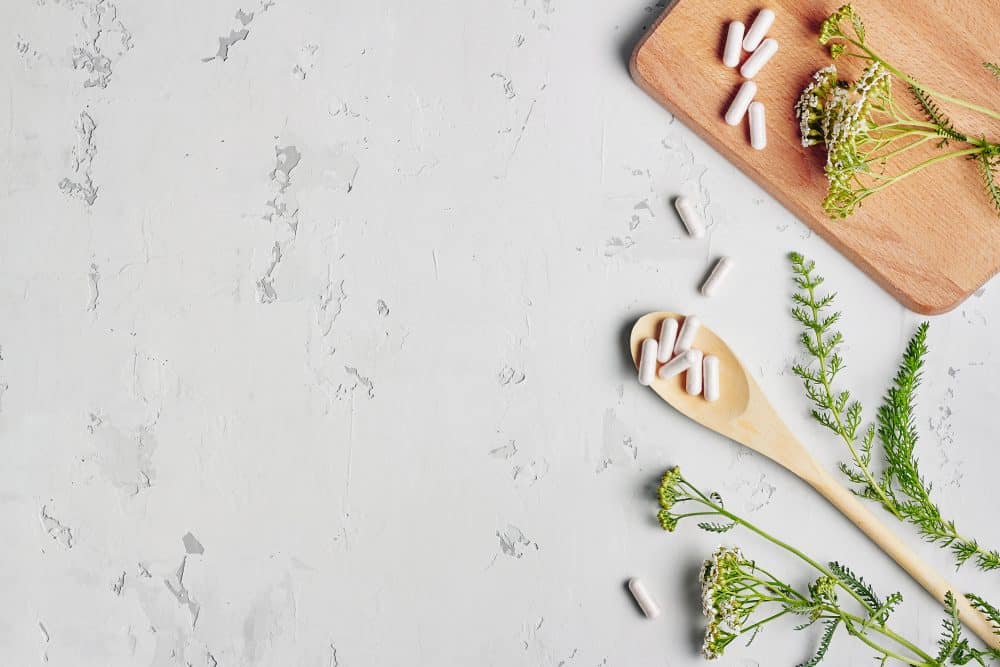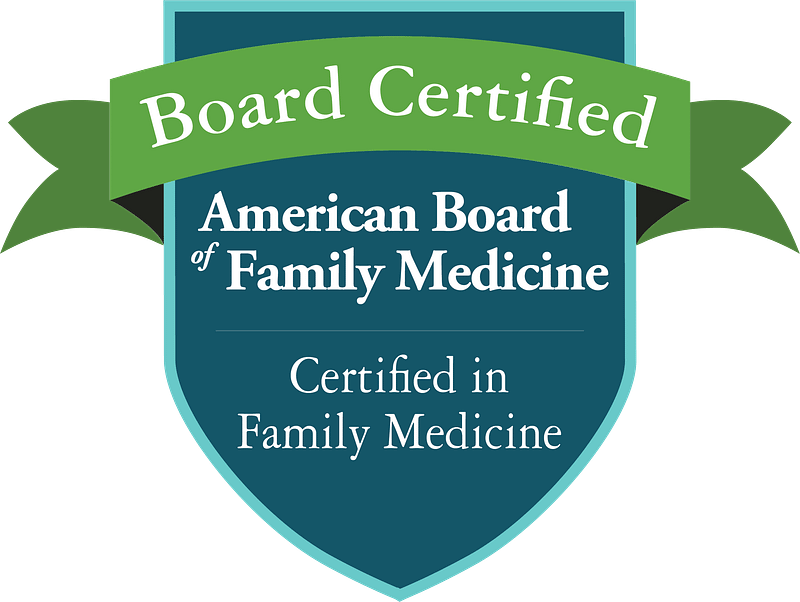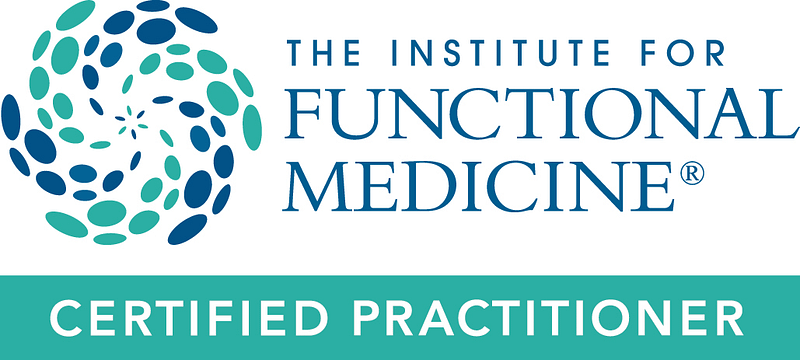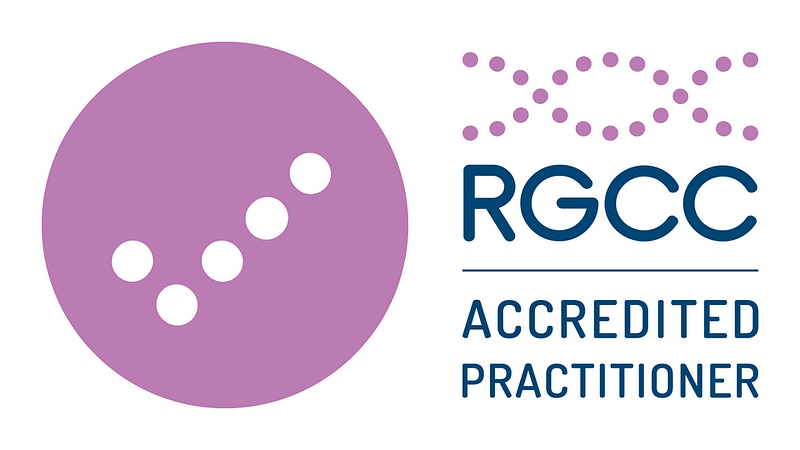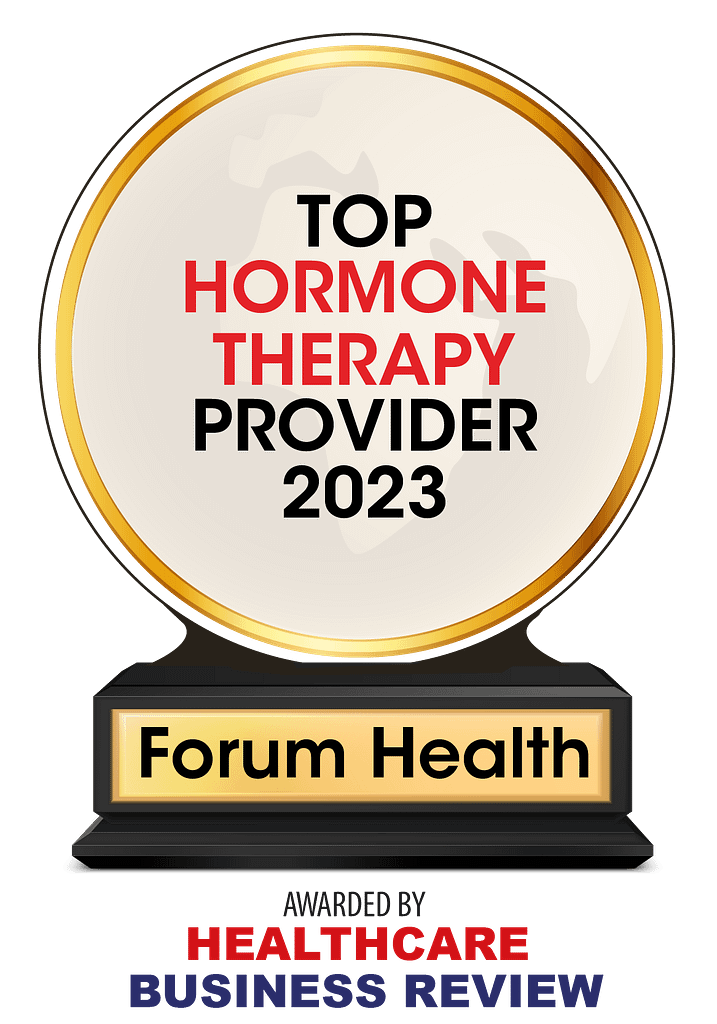Q. Help! The pollen is so bad this year. What can I do for the allergy symptoms?
A. I find different remedies work for different people. Some respond very well to the use of Neti Pot to deliver passive (not forceful) saline irrigations that remove pollen from the nasal passages.
Avoidance of pollens is an effective and necessary strategy. Pollen levels are highest from 5 to 11 a.m., so plan outdoor activities accordingly. Keep the fresh air intake in your car closed while driving, and keep your home’s windows closed and air conditioning on to lower pollen exposure. Keep your bedroom especially free of allergens, as you spend a third of your life there. Regular vacuuming, and dusting, and continuous HEPA air filtration helps by reducing levels of not only pollen, but also danders, dust, mites and molds.
A number of natural remediescan be very helpful to decrease symptoms of pollen allergy. Quercitin (available in nasal spray or capsules) and Stinging Nettlestop the release of histamine from mast cells, much like antihistamines, but without the side effects. Stinging Nettle and Quercitin are both available in a blend of herbs called D-Hist.
I find a homeopathic preparation, Allergiplex, to be very helpful for pollen allergy. Vitamin C and Flavonoids are basic and important treatments for seasonal allergy symptoms. Less commonly, but no less important, Thymus or CoQ10 is just the ticket for some. Similason eye drops #2 can soothe the most irritated allergic eyes.
Strictly limit sugar intake. Cross reactions between foods and pollens can occur. For example, raw carrots and apples may result in symptoms when birch pollen is present. Avoid known cross reactive foods during pollen season.


